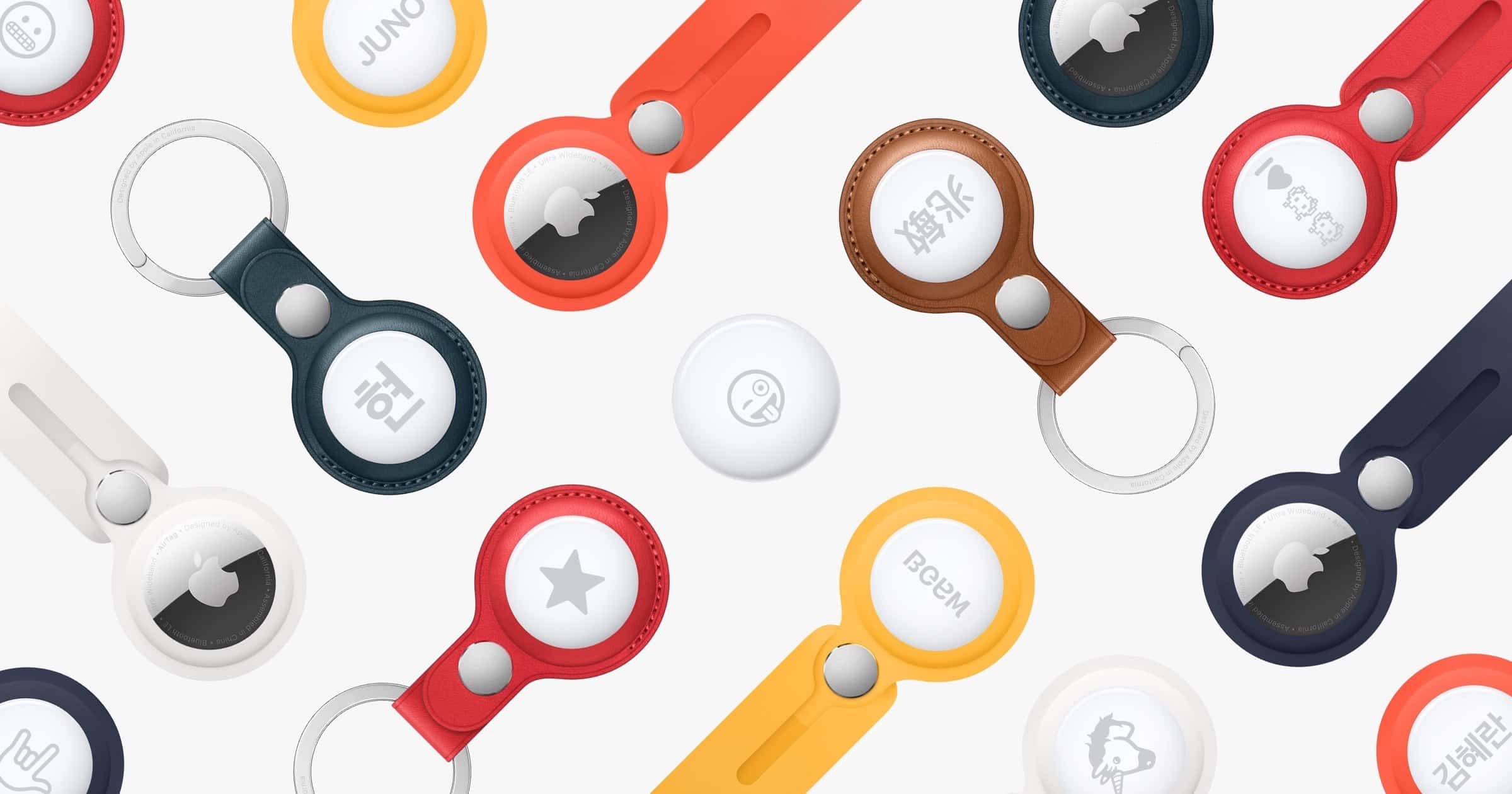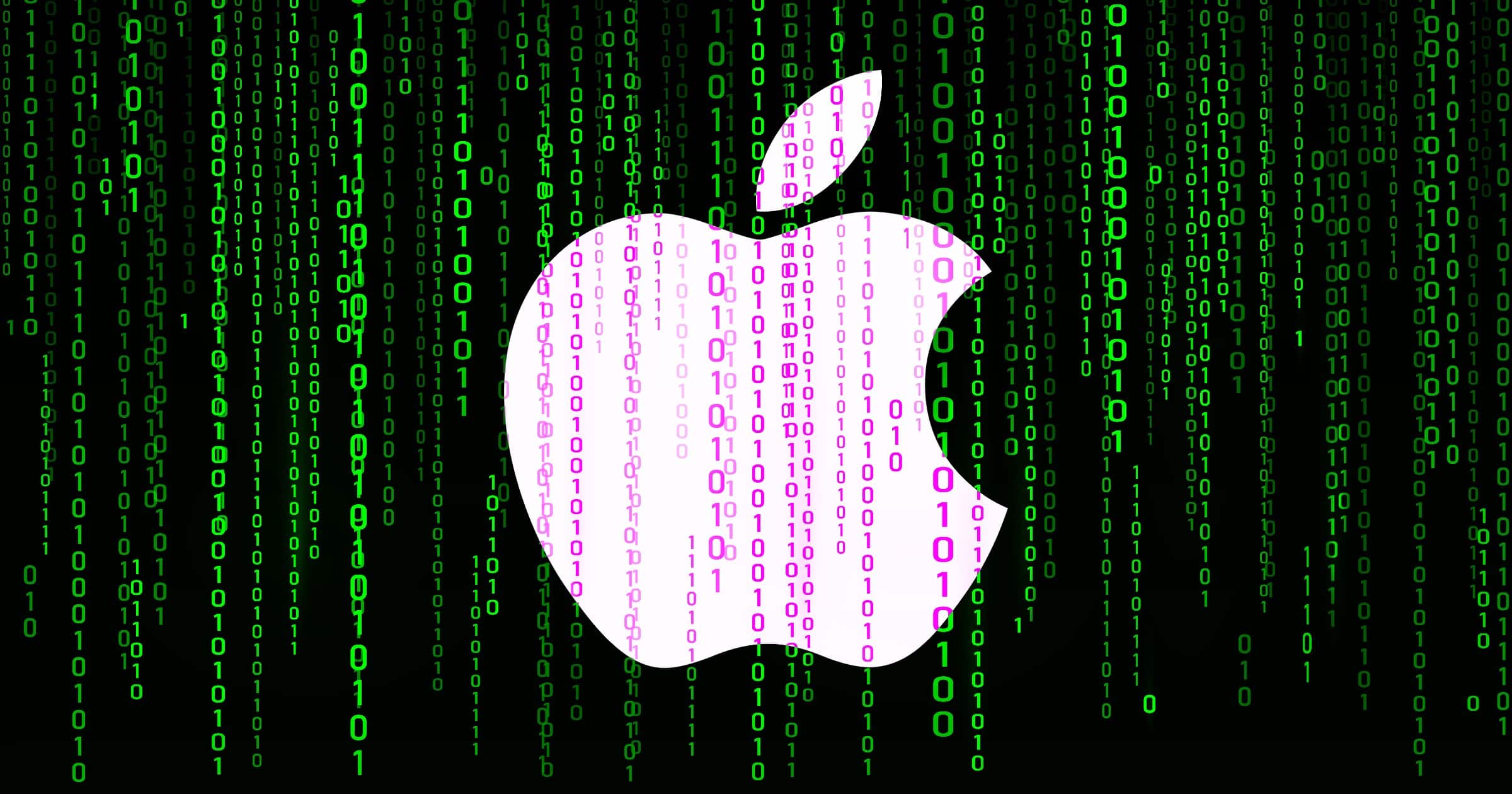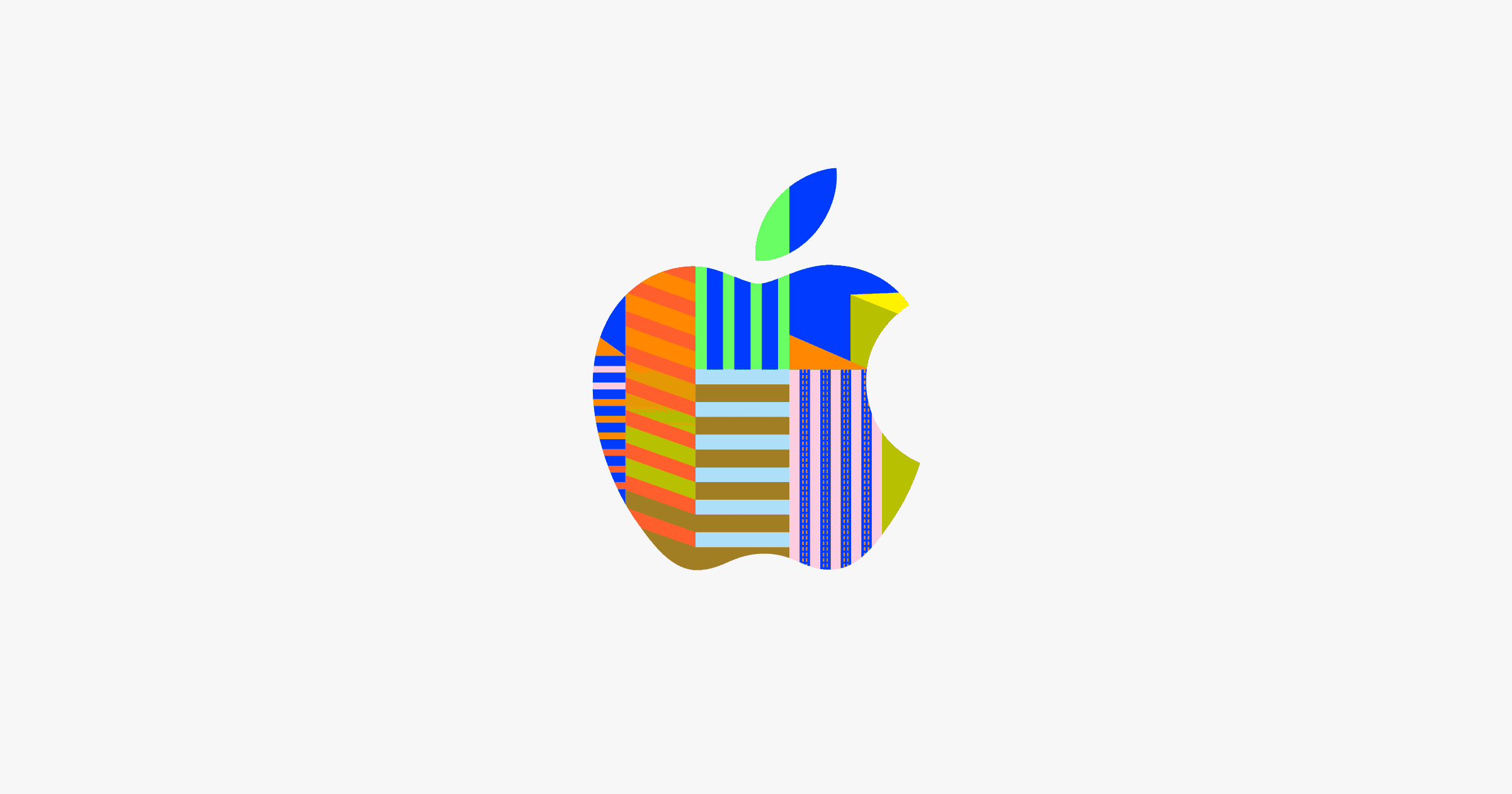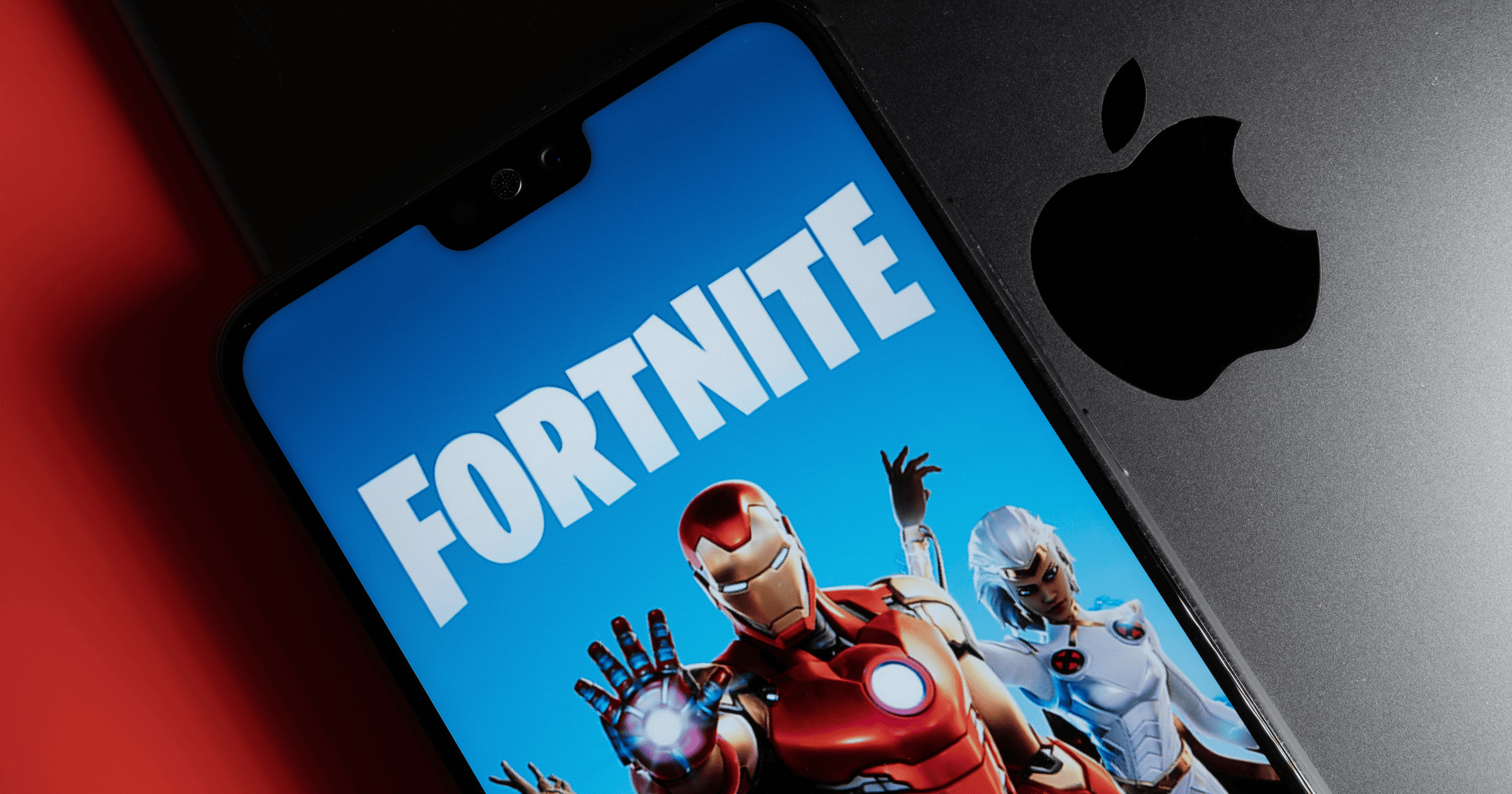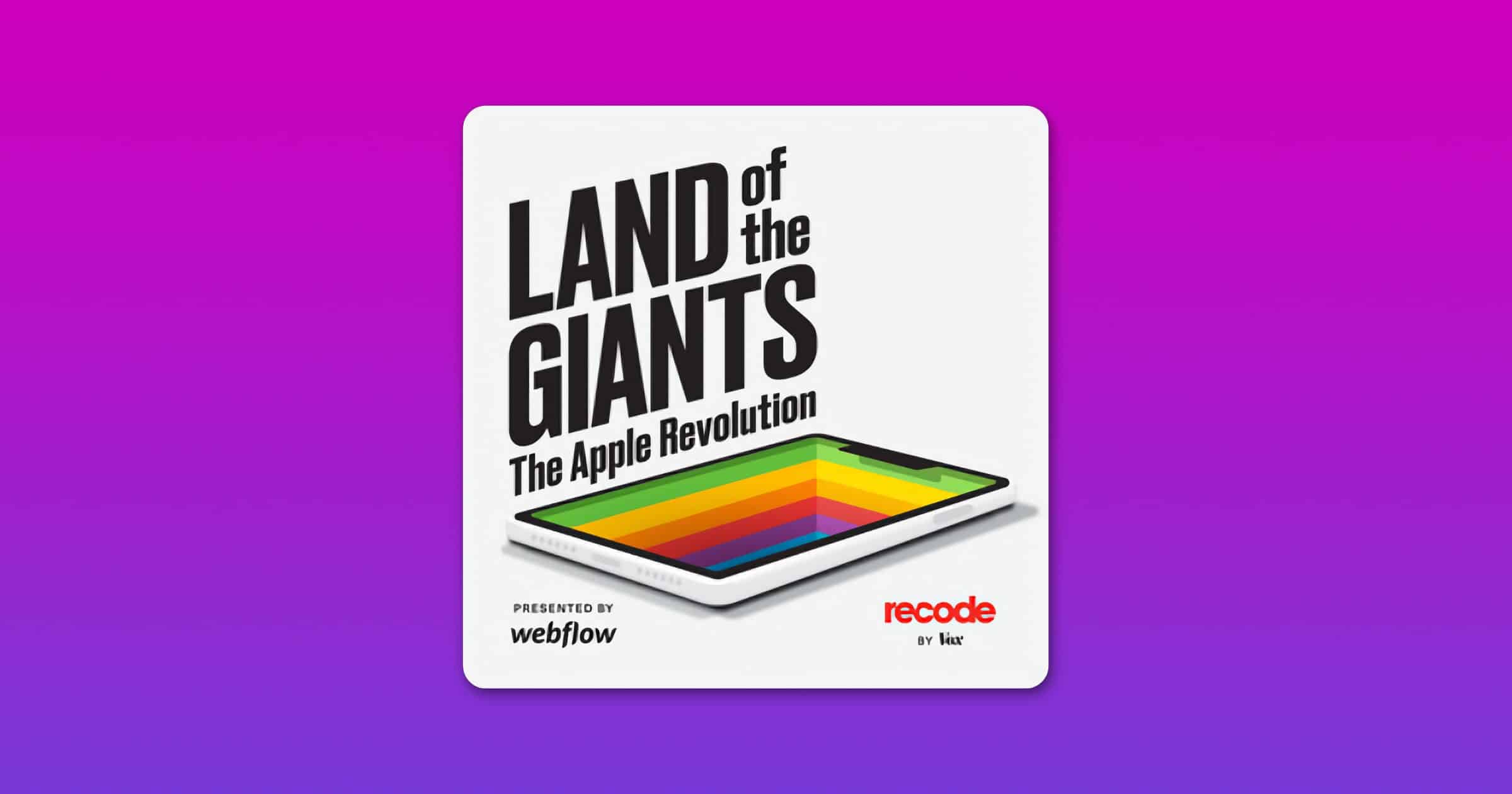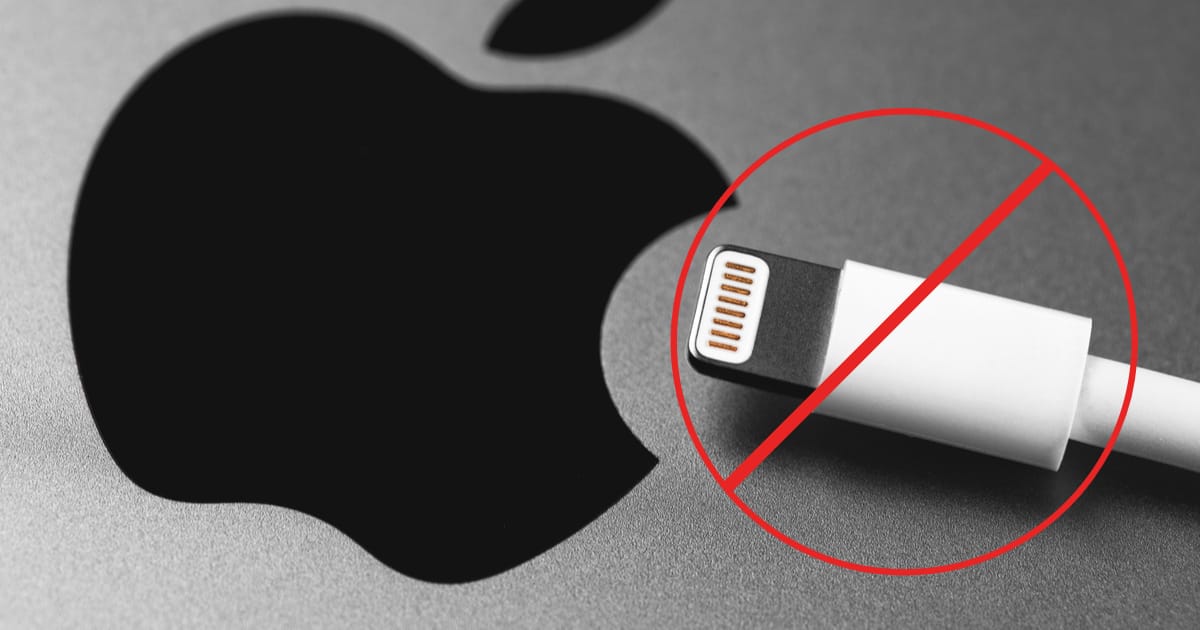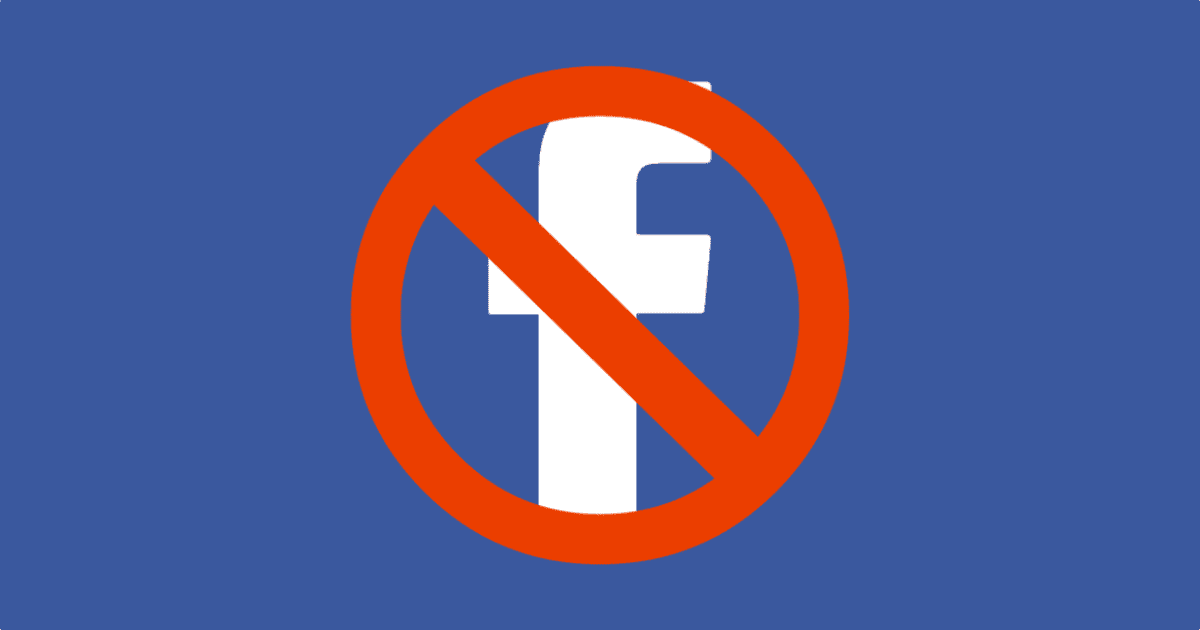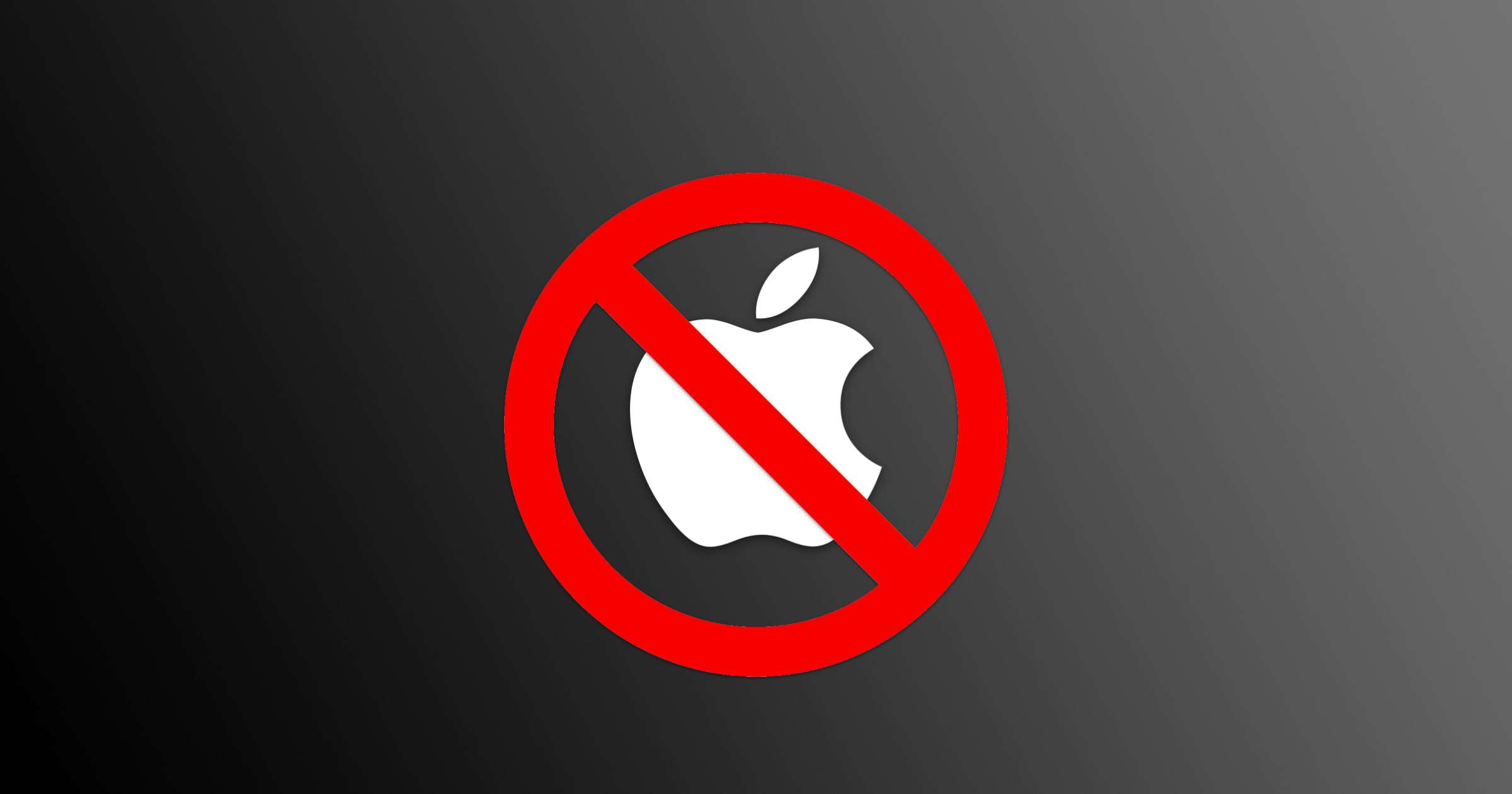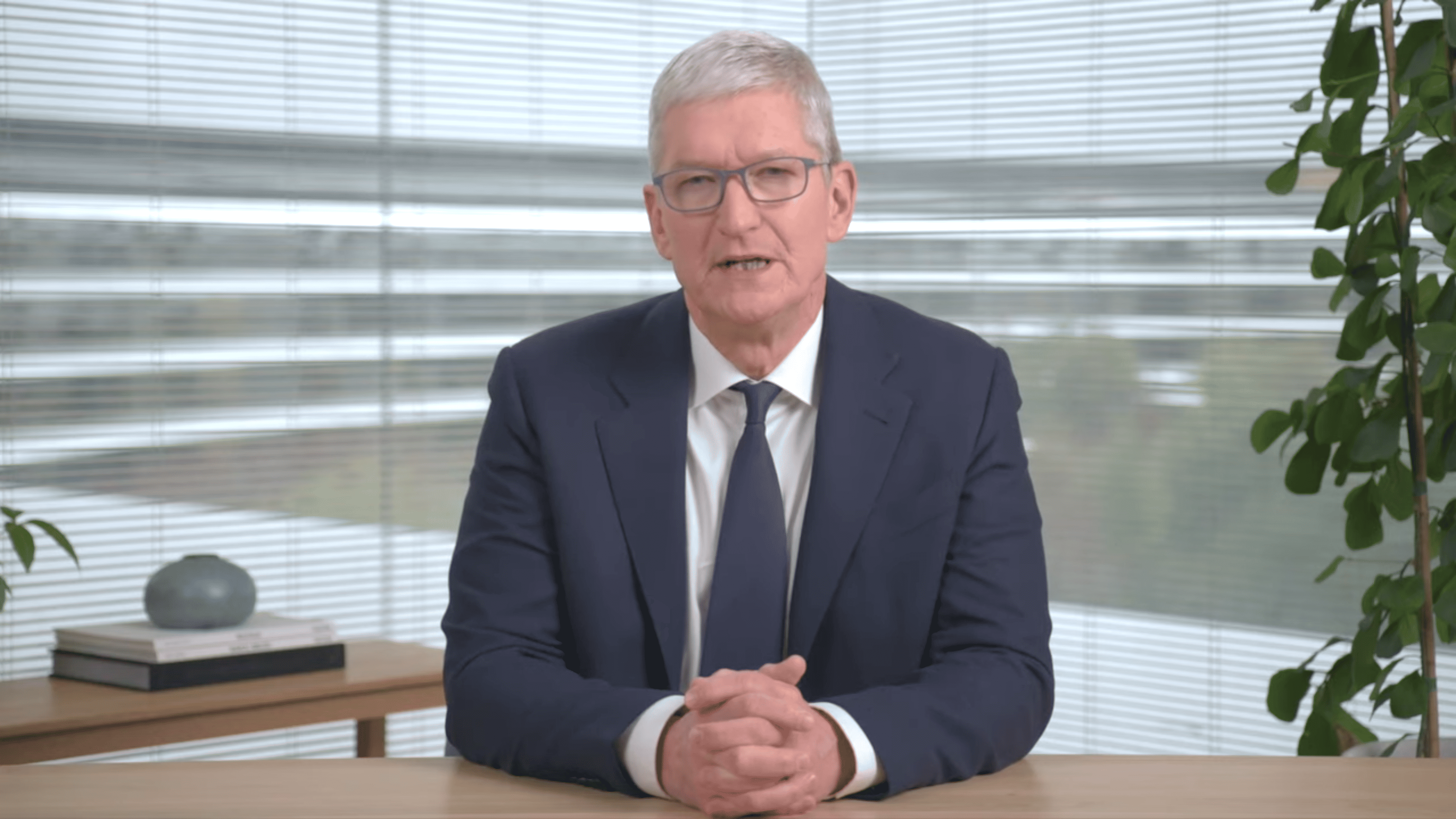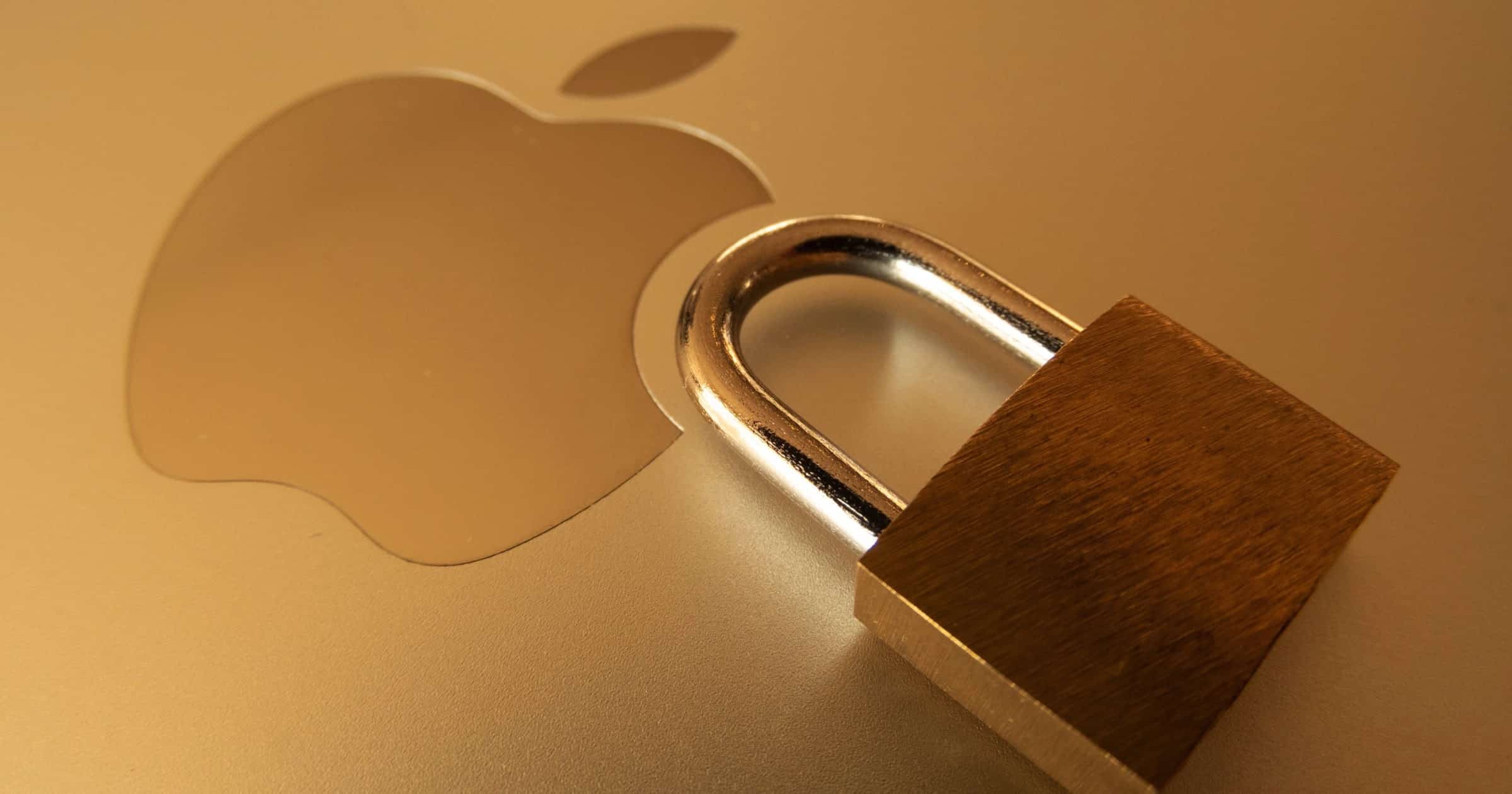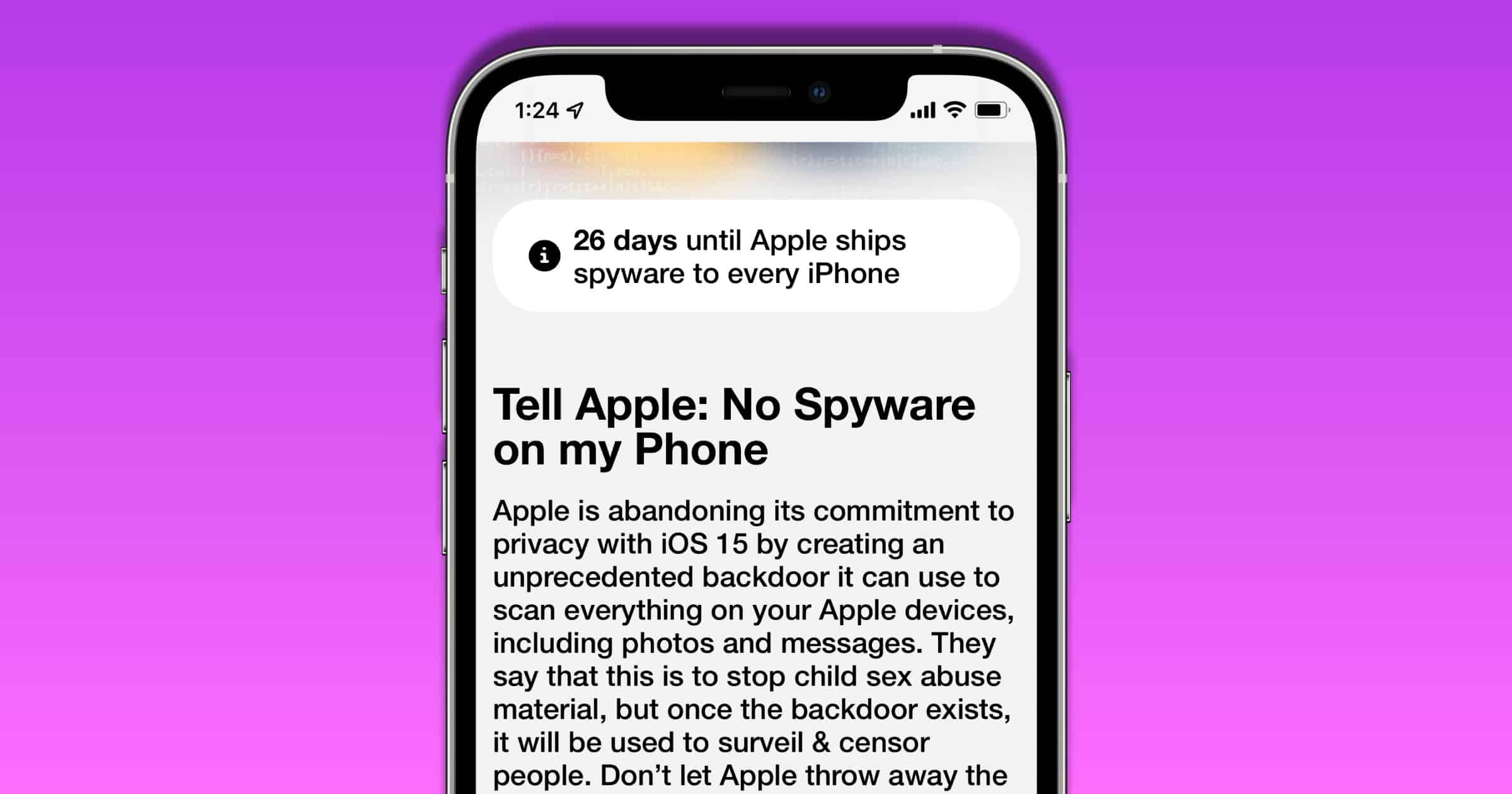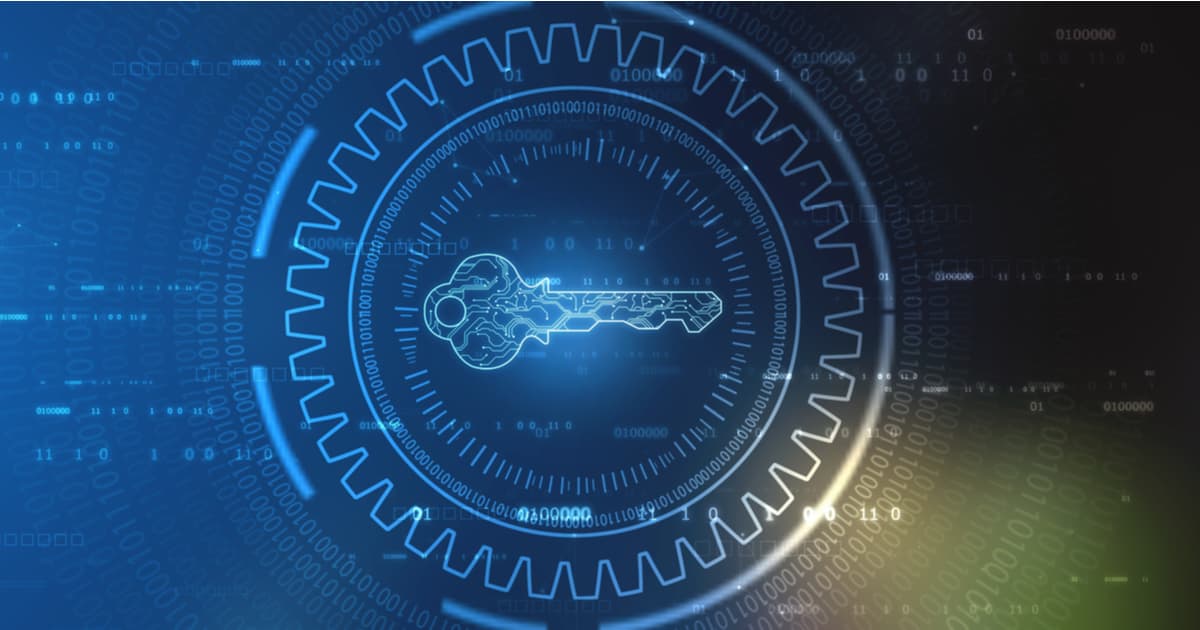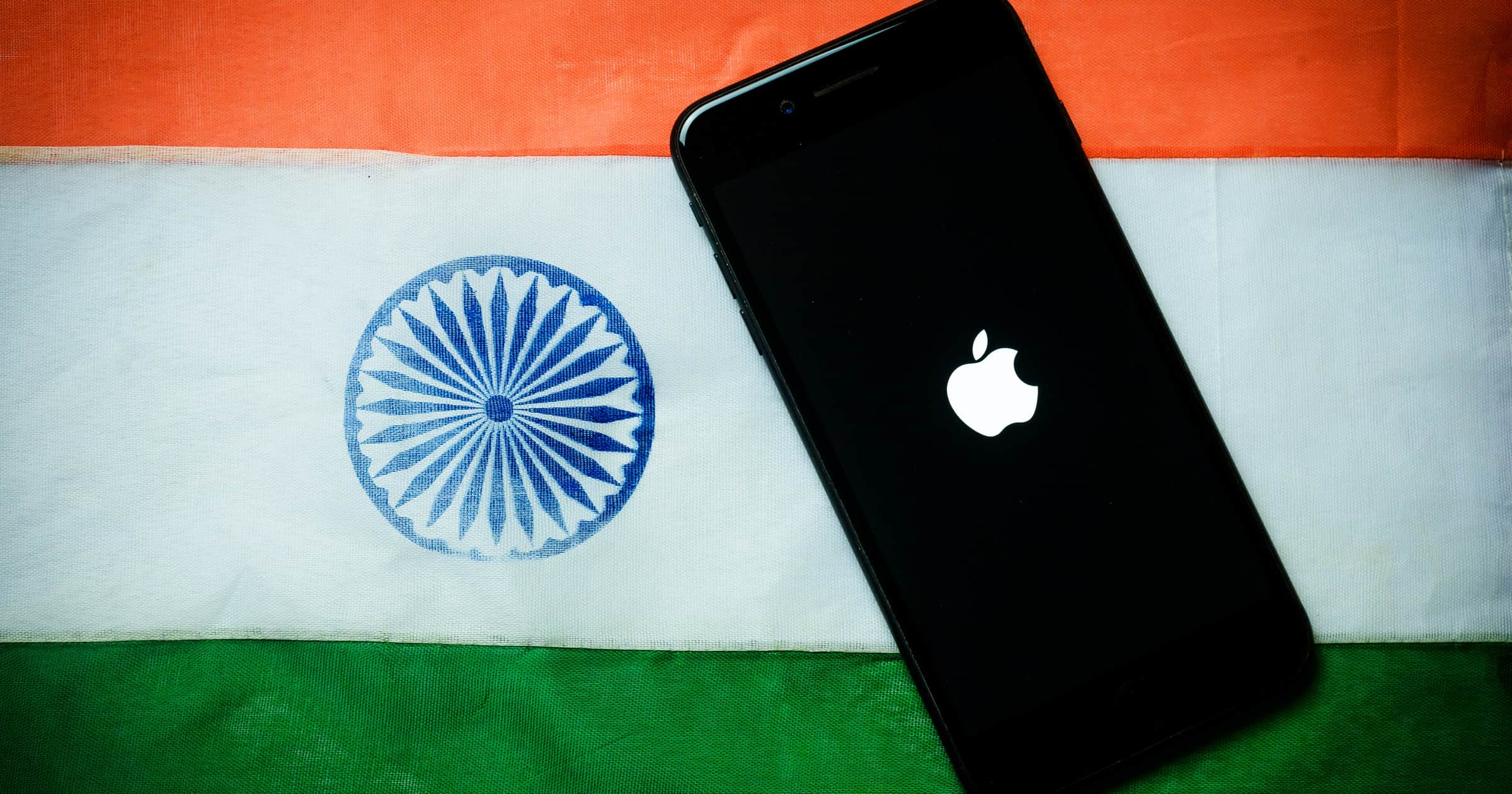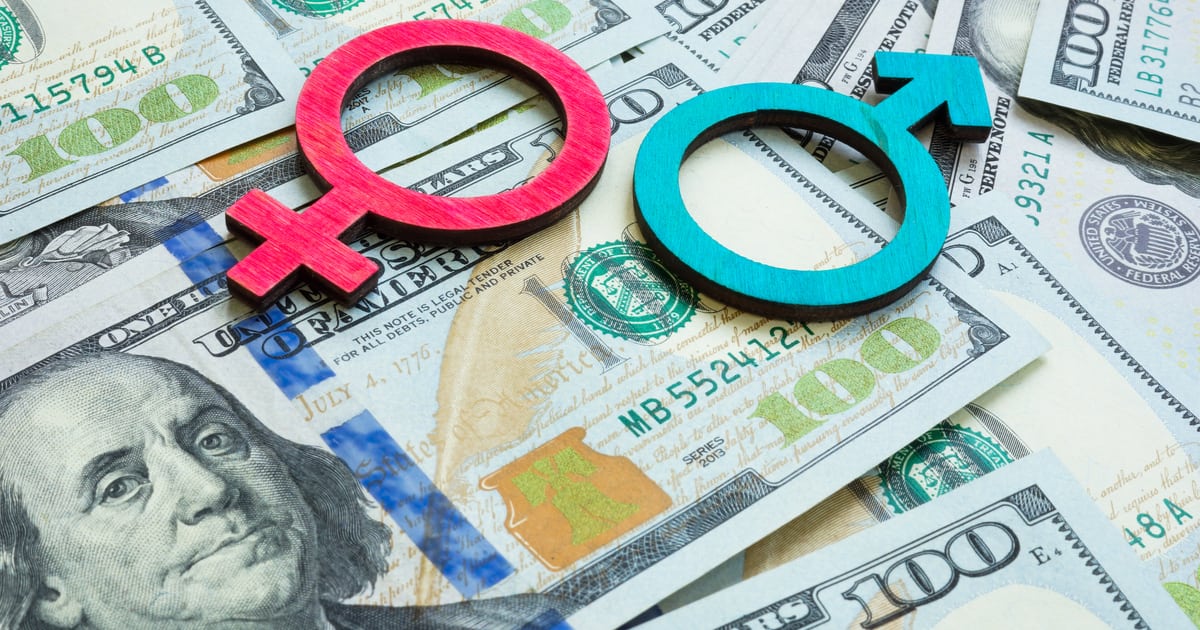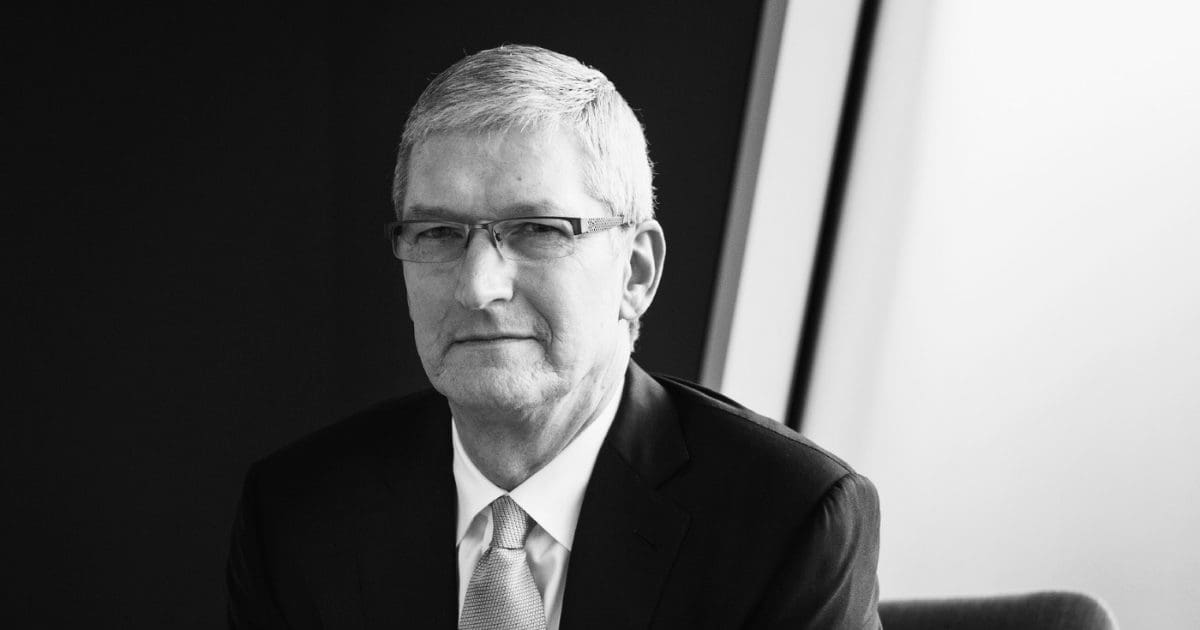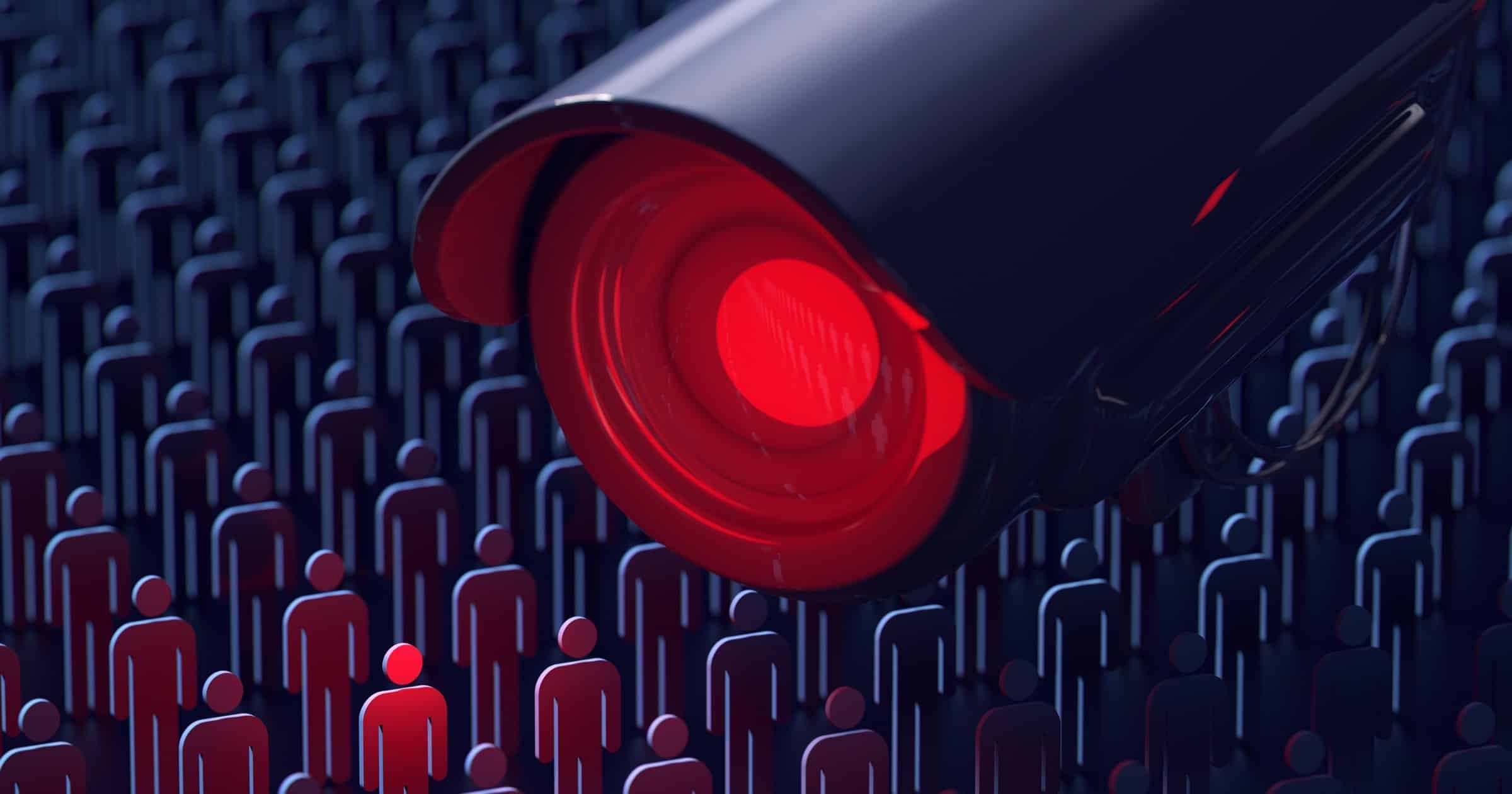Apple is always keen to tout its environmental credentials. However, Adam Oram at iMore makes a really good point. If the company wanted to really improve the impact it has on the environment further, it would stop using leather.
One aspect of Apple’s product lineup no one appears to be looking at, though, is the use of leather. Environmentally, leather is extremely damaging, and it’s surprising to me that Apple has not pursued more eco-friendly alternatives. Apple has a long history with leather, having made a variety of accessories. Right now, in Apple’s product lineup, it has several leather items, including iPhone cases, folios, and sleeves, Apple Watch bands, iPad Smart Covers, MacBook sleeves, MagSafe wallets, and AirTag key rings. These are all supplementary to its hero products, but they are often sold as add-ons when picking up a new phone or tablet.
